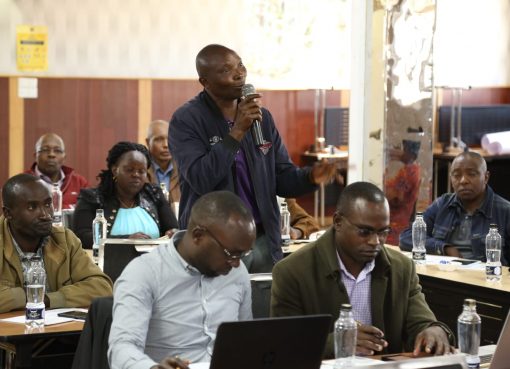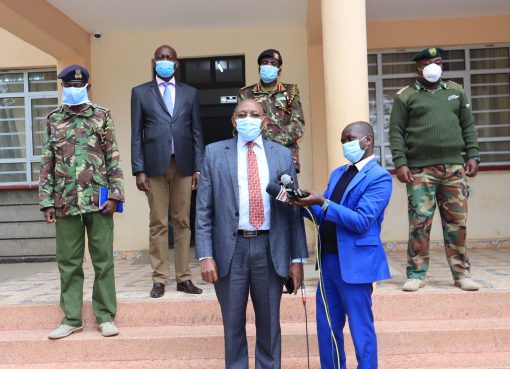The National government has received a grant from the Polish government to establish a livestock Embryo Transfer (ET) facility in the country.
The facility, to be equipped with state of the art technology will help in production of high quality breeds to enhance livestock production and reposition the sector as a key player in the economy.
The Livestock Principal Secretary (PS) Harry Kimutai said the facility will add to the existing livestock improvement programs being implemented in the country to ensure that products from the country are globally competitive.
“We have already worked on the concept and we are just waiting for the National Treasury to allocate funds so that we implement the project. We have also received a grant from the Polish government who have been supporting us to develop the sector,” said the PS.
The Embryo Transfer (ET) refers to the process of assisted reproduction where embryos are placed into the uterus of a female with the intention of establishing a pregnancy.
Advances in embryo technology are extremely useful in species such as cattle, which typically calf once per year.
Kenya banks on the advanced technology to address the quality of breeds in the country and scale up production to boost food security and empower farmers economically.
The PS said the country was ahead of her regional counterparts in livestock production pointing out two modern semen production centres at Kabete and Kitale, which have put Kenya on the international map.
He said the country has indigenous zebu breeds and other improved breeds, adding that with the introduction of ET, the fortunes of the sector were bound to change.
Farmers, he said have been given a free hand to import new breeds to add onto the existing ones to help boost production.
“This is one of the new measures we have put in place to encourage the private sector to participate in livestock development and production,” said the PS.
Other ventures targeting the private sector he said, is promotion of feed lots systems where farmers fatten cows for meat.
Through this, he said the government plans to set up Special Economic Zones (SEZ) targeting livestock production as one of the measures to promote the sector.
The PS made the remarks in Kisumu on Tuesday during a public participation meeting on the draft Livestock Bill 2018.
The bill, which is expected to be tabled in parliament when the House resumes sittings, proposes a raft of measures to streamline operations in the sector.
Among the proposals is establishment of a Livestock Marketing Board to help market livestock products locally and on the international market.
Another proposal is the establishment of the Kenya School for Animal Sciences, which shall combine all the existing training institutions within the livestock industry.
The bill also proposes a regulatory board for inputs, animal feeds and products quality like honey and other animal products that have had no regulators before.
The bill further seeks to incorporate existing institutions that are not in substantive law like the Kenya Animal Generating Resource Center, the Kenya Veterinary Vaccines Production Institute (KEVEVAPI) and the Kenya Tsetse and Trypanasomiasis Eradication Council which only exists in legal notices.
By Chris Mahandara/Connie Atieno




